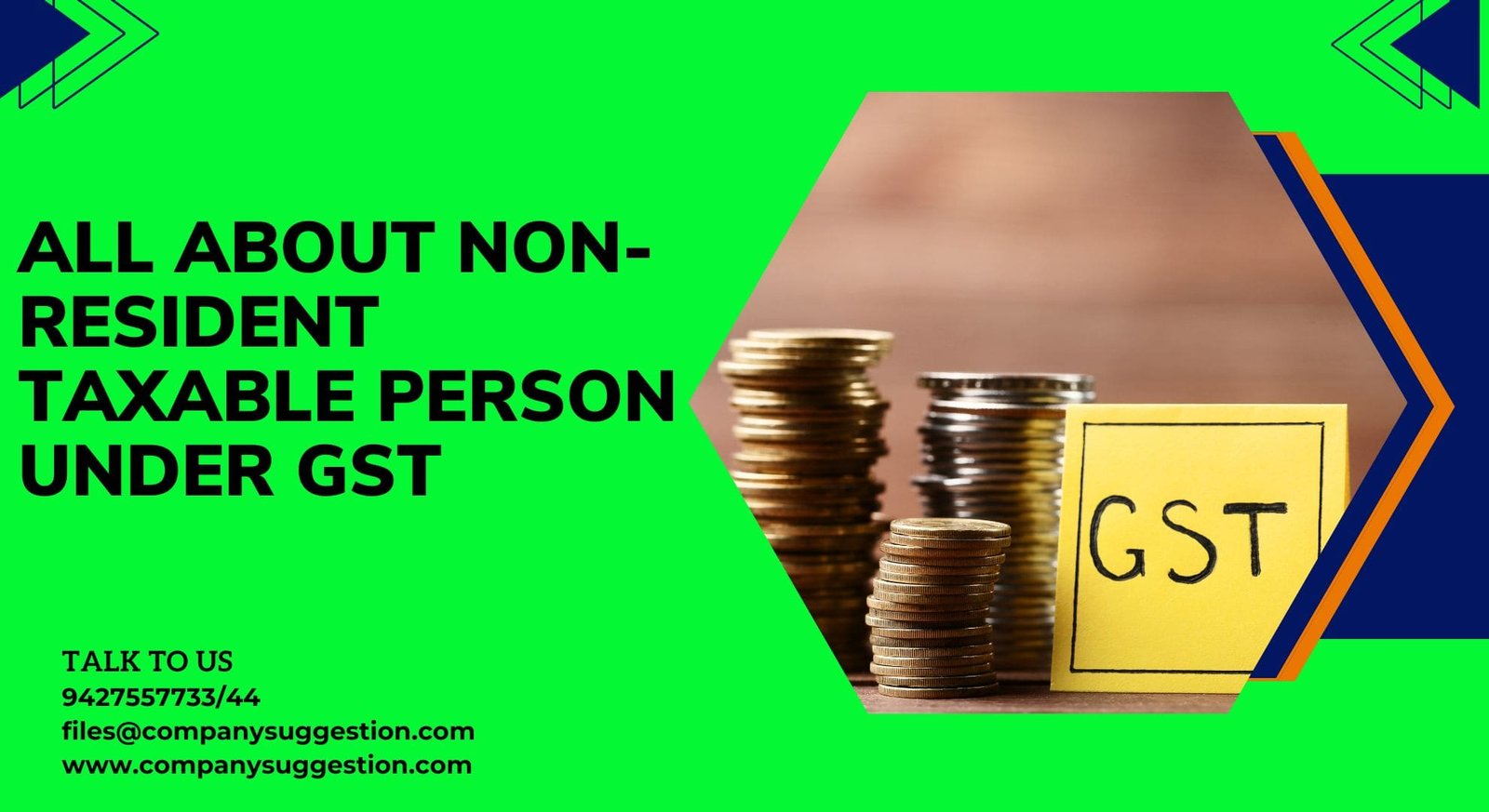E-way bill :
E-way Bill is an Electronic way bill for movement of goods to be generated on theE-way Bill Portal. A GST registered person cannot transport goods in a vehicle whose value exceeds Rs. 1,00,000 or Rs 50,000 in some states (Single Invoice/bill/delivery challan) without an e-way bill that is generated on ewaybillgst.gov.in.
When an E-way bill is generated, a unique E-way bill number (EBN) is allocated and is available to the supplier, recipient, and the transporter.
Purpose of E-way bill
E-way bill is a mechanism to ensure that goods being transported comply with the GST Law and is an effective tool to track movement of goods and check tax evasion.
Who should generate an E-way bill?
- Registered Person – E-way bill must be generated when there is a movement of goods of more than Rs 1,00,000 or Rs 50,000 in some states in value to or from a registered person. A Registered person or the transporter may choose to generate and carry E-way bill even if the value of goods is less than Rs 1,00,000 or Rs 50,000 in some states.
- Unregistered Persons – Unregistered persons are also required to generate an E-way bill. However, where a supply is made by an unregistered person to a registered person, the receiver will have to ensure all the compliances are met as if they were the supplier.
- Transporter – Transporters carrying goods by road, air, rail, etc. also need to generate e-way bill if the supplier has not generated an e-way bill.
Documents or details required to generate E-way bill
- Invoice/ Bill of Supply/ Challan related to the consignment of goods
- Transport by road- Transporter ID or Vehicle number
- Transport by rail, air, or ship – Transporter ID, Transport document number, and date on the document
Components of E-way bill
- Part A comprising of details of GSTIN of recipient, place of delivery (PIN Code), invoice or challan number and date, value of goods, HSN code, transport document number and reasons for transportation; and
- Part B comprising of transporter details (Vehicle number). It containing transport details helps in generation of e-way bill.
Can the validity of E-way bill be extended?
Yes, the validity of the GST E-way bill can be extended, if the consignment does not reach the destination within the validity period due to reasons like natural calamities, law and order issues, trans-shipment delay, accident of conveyance, etc.
Validity of e-way bill can be extended by the current transporter and if the transporter is not assigned then by the generator of the e-way bill.
Validity of e-way bill can be extended between 8 hours before expiry time or 8 hours after the expiry time.
Cancellation of E-way bill
Where an e-way bill has been generated under this rule, but goods are either not transported or are not transported as per the details furnished in the e-way bill, the e-way bill may be cancelled electronically on the common portal, either directly or through a Facilitation Centre notified by the Commissioner, within 24 hours of generation of the e-way bill. However, an e-way bill cannot be cancelled if it has been verified in transit in accordance with CGST rules,2017.
Consequences of not generating an E-way bill
During the movement of goods, if the business is unable to produce an E-way bill, the consequences can be monetary or non-monetary, or both. Here are some of the consequences of not generating an e-way bill:
- Penalties and fines
The minimum fine for not carrying a valid e-way bill is Rs 10,000. In this way, if goods are transported without an e-way bill, a fine is guaranteed. However, if the authorities conclude that this non-generation of the e-way bill was an excuse to evade GST, they can levy a penalty which might be equivalent to the amount of tax payable on the specific consignment or Rs 10,000, whichever is higher.
- Detention and Seizure of goods and vehicle
The goods and the vehicle can be detained and seized by the field officer for non-complying with the E-way bill provisions. However, the taxpayer can get the possession back, once he/she pays the dues or penalty with 7 days of detention and seizure. But if the taxpayer fails to pay the dues or penalties within the stipulated time, the tax officer can even confiscate the goods or/and vehicle.













